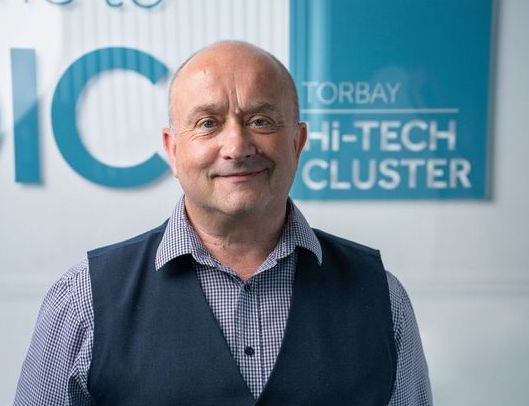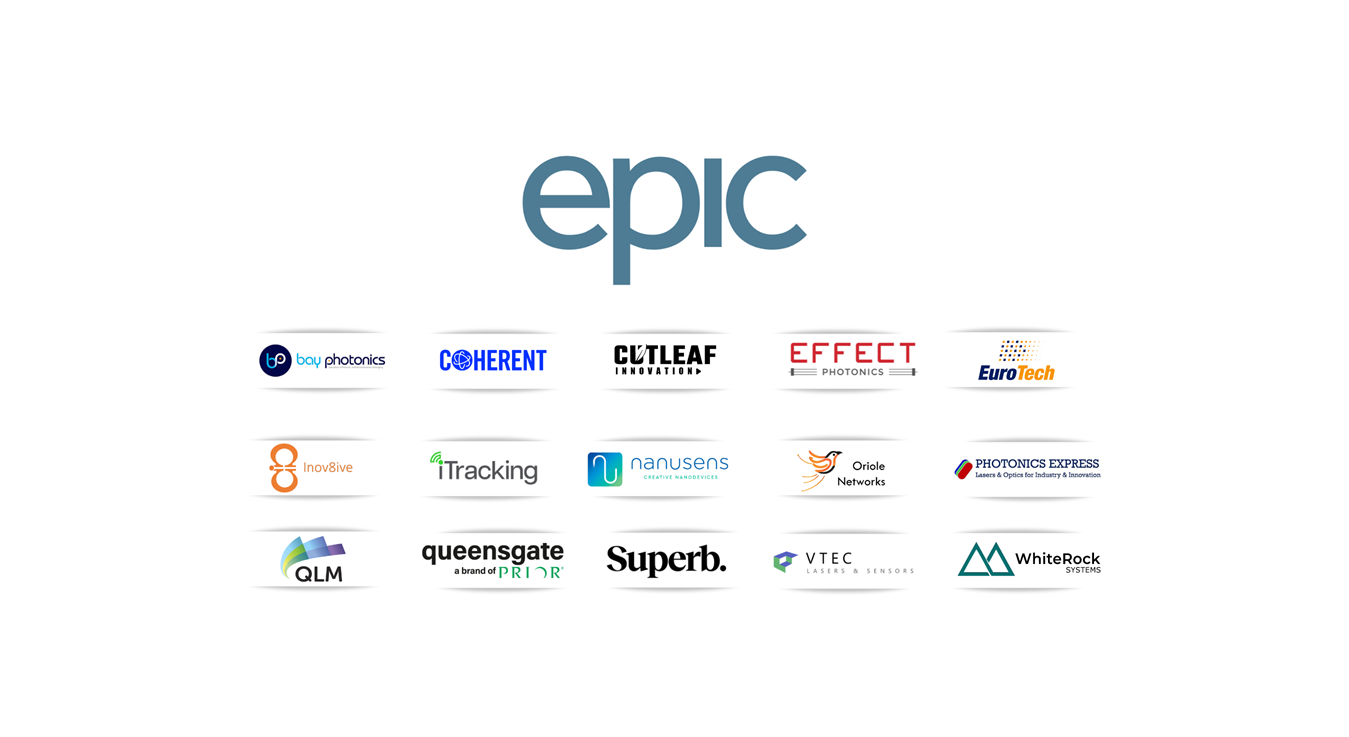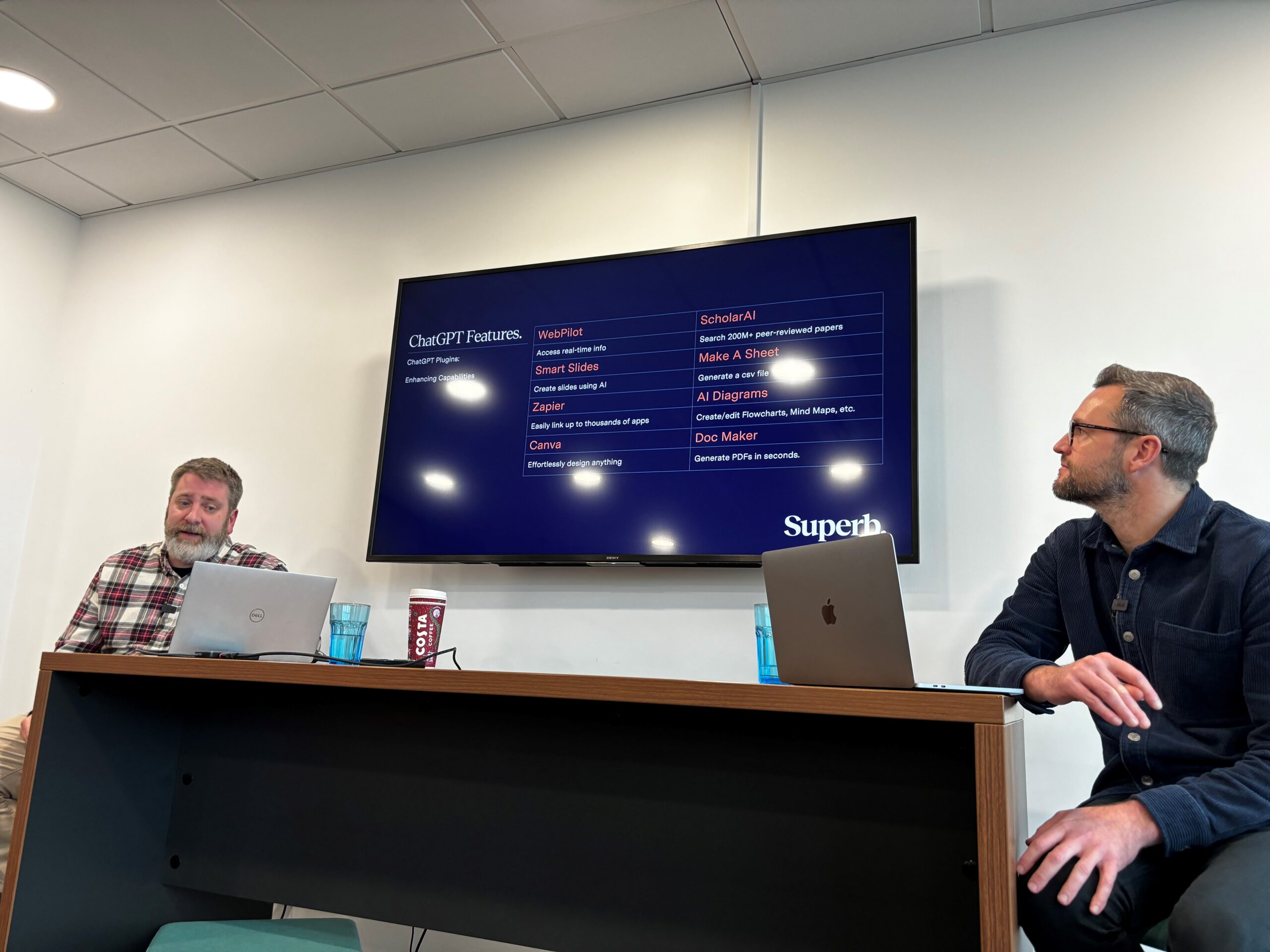Cluster adapts to an evolving marketplace post Covid-19
As the covid crisis continues, EPIC tenants and the members of the Torbay Hi-Tech Cluster continue to adapt to the new norm in terms of day to day working practices, and the needs of the national and global economy. The crisis has highlighted certain industries who are critically important not just to the country’s economy, enabling working from home or from another virtual office to maintain safe working practices for all and continued employment, but also for maintaining the wellbeing of our society, providing a link for communications to our friends and family, and key workers for the more vulnerable of our society.
As UK society cautiously opens up after the lockdown, the leisure and hospitality industries are also employing new ways of operating. For example, table reservations and menu ordering via smart phone apps and contactless payment, all possible due to the implementation of wi-fi and broadband telecoms technology. Telecommunications is one of those industries critical to maintaining a stable global economic community as well as robust national society, without it the world as we know it today could not exist.
The reliance on telecoms permeates into even the highest governmental levels of our society, and in recent years as global politics adapts to the sliding of economic power towards the east, national security has become a topic of discussion and political and economic negotiation.
In recent years, the US administration has suggested telecommunication products manufactured in the east are a potential threat to national security, and is recommending restrictions be placed on products provided by eastern companies including Huawei and ZTE, and that internet service providers look to US and European manufacturers for equivalent products. In recent months, this US initiative has spread to European countries including Germany, France and the UK. One of the largest global internet services providers, British Telecom (BT) has found itself in the middle of this discourse. BT provides internet services throughout the UK, the US, and another 180 countries. In 2019 it reported revenues in excess of £23 billion.
It’s estimated that telecommunications systems currently operating in the UK, Europe and the US use significant amounts of equipment sourced from the east, in excess of 70%. Whether we like it or not we’re all reliant on it. The US-led push to use alternatively sourced equipment for future networks, although possible, is not straight forward and will have time and financial implications for all of us.
The Torbay Hi-Tech Cluster is a group of internationally recognised companies with expertise in all aspects of telecommunication system manufacture, not just the physical components based on micro-electronics, including photonics, terrestrial radio and satellite technologies, but also the imbedded adaptive software programming providing the intelligence, versatility and security aspects of commercial systems. These companies, a mix of established and exciting well-funded start-ups, are highly adept at managing a constantly evolving market place, supported by local partners including South Devon College, other regional university research centres, and the TDA at EPIC Paignton. The recent visit of the Totnes MP Anthony Mangnall to EPIC acknowledges the importance of the Torbay Hi-Tech Cluster to local and national economies, with Anthony providing a welcomed link to Westminster and government.
A recent report published by the Photonic Leadership Group highlighted that UK hi-tech companies have been resilient against the negative impacts of the Covid-19 crisis. It’s projected that UK photonics companies including those in Torbay will continue to grow with a projected growth of around 10% during the next two years. As the balance of trade shifts from eastern to EU & US telecom equipment manufacturers, providing opportunities this side of the Pacific, and for sure the Torbay hi-tech community for years to come.
The importance of the photonics sector to the UK economy has been recognised by Westminster and an All-Party Parliamentary Group (APPG) has been set up with the purpose of raising the awareness of the photonics industry and recognise the impact it makes on the UK economy and its potential for future economic growth. Participation in this APPG would raise the profile of Torbay as a hub for research and innovation in this field. Earlier this year, the government published the UK Research and Development Roadmap which was welcomed by the Photonics Leadership Group and the Torbay Hi-Tech Cluster members. The Roadmap identifies the importance of investing in technologies to support UK security and prosperity. The resilience of UK hi-tech industry including the significant contribution of the Torbay Hi-Tech Cluster was illustrated by 90% of photonics manufacturers safely manufacturing and exporting through the pandemic, and many predicting growth. Covid-19 has also highlighted the contribution of photonics to rapid diagnostics, track and trace and the core fibre optic network that keeps everyone connected.
This is an ideal time for a school leaver or recent university graduate with an interest in technology to get involved and develop a career in the hi-tech industry. Starting salaries are above the national average and working as part of a team of enthusiastic individuals is rewarding with opportunities to travel worldwide and make a difference to society.



